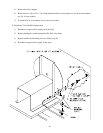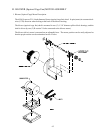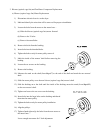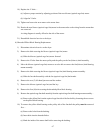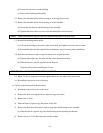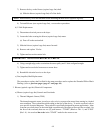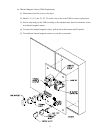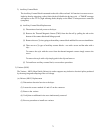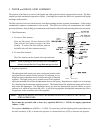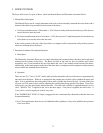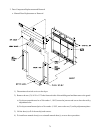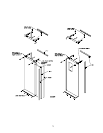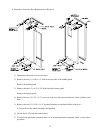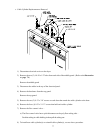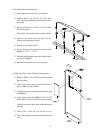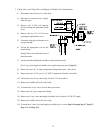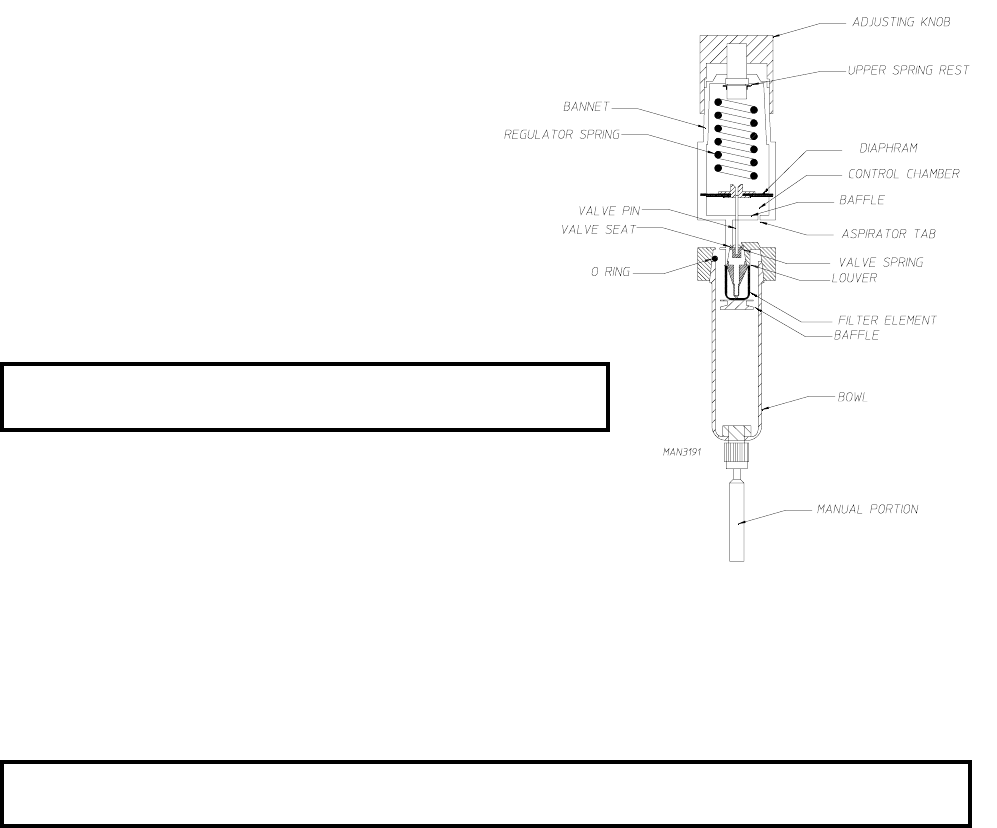
72
FILTER / REGULATOR
1. Filter Maintenance
a. To remove filter element ...
Twist the filter bowl 1/8 turn clockwise (CW).
Then pull the bowl down to expose the filter
element. To remove the filter element, unscrew
the baffle (this will allow element removal).
b. To clean filter element ...
spring and transmits force from the adjustment screw to the spring. Regulators use simple wire coil springs
for controlling the downstream regulator pressure. The bonnet houses the adjustment spring and is used to
help retain the diaphragm. The diaphragm moves up when the downstream pressure reaches its preset
pressure level, which in turn closes the valve. A self-relieving regulator is designed to automatically relieve
overpressure in the secondary side of the regulator.
NOTE: THIS SELF-RELIEVING FEATURE IS NOT DESIGNED TO BLEED THE DOWN-
STREAM PRESSURE.
Dryer must be provided with a clean, dry, regulated 80 PSI (+/- 10 PSI) air supply (equivalent
volume - 9 cfh).
The regulator should be set at 80 PSI (+/- 10 PSI). To set pressure, pull the adjusting knob up and either turn
the knob clockwise (CW) to increase the pressure or counterclockwise (CCW) to decrease the pressure.
The filter element can be cleaned with soap and water.
NOTE: When replacing the filter element bowl care must be
taken to ensure that the O-ring does not get pinched.
2. Regulator Operation
The adjustment knob simply acts upon a spring rest located on the
spring and directly compresses the spring as it is adjusted. A non-
rising low torque adjustment screw is used on this type of filter and
regulator. The upper spring rest is located on top of the regulator
I. FILTER and REGULATOR ASSEMBLY
The purpose of the filter is to remove bulk liquids and solid particles from the compressed air stream. The filter
element provides mechanical separation of solids. Centrifugal force inside the filter bowl separates bulk liquids
and larger solid particles.
The filter consists of a louver which causes a centrifugal spinning action to separate contaminants. A filter which
mechanically separates contaminants is also present. The filter bowl collects the contaminants and a baffle
prevents turbulence from picking up contaminants at the bottom of the bowl and returning them to the air stream.



